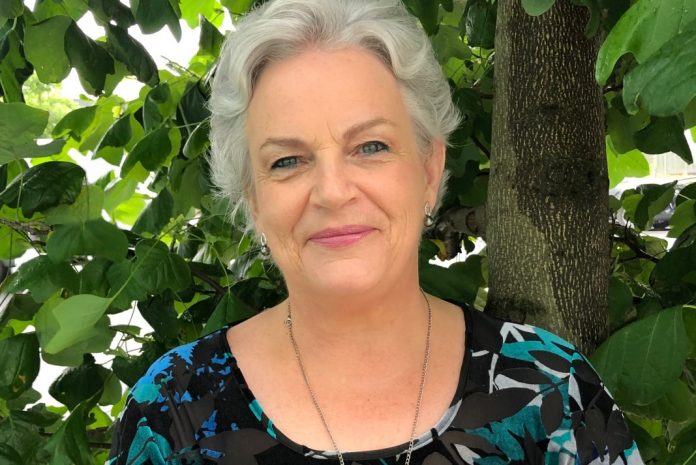Aged Care Commissioner Carolyn Cooper has been in her new role since March this year. She addressed the recent Grey Power annual general meeting in Wellington about the current problems facing the sector and called for collective action to advocate for the care older people need and deserve.
Recent events had reinforced the important contribution she has to make as Aged Care Commissioner, Cooper told the meeting. “I am here to protect your rights, advocate for change and make sure you get the best, most appropriate health and disability services,” she said.
“We are facing major challenges across the health system and there is a need for a collaborative response from the aged care and health and disability sectors to address these.”
Equitable access to health and disability services, whether you are living at home, or in aged residential care was vital to maintaining health and well-being. The priority was avoiding unnecessary hospital admission, maintaining your independence, and delaying the need for aged residential care support for as long as possible, she said.
“At a time where health and disability services are being disrupted, we have a collective responsibility to monitor and minimise the impact of these disruptions on older people. “
Capacity and capability to meet complexity of needs
People were living longer, but aged differently, she said, noting that the needs of the aged were diverse. “We must adapt services to meet your individual needs, whether this be in your own home or in an aged residential care setting. It is vital there is sufficient staff with the right skills and expertise to keep you safe.
A sustainable workforce meant a sustainable health and disability sector and better choices for older people, she said.
“The aged care workforce is under significant pressure especially in Home and Community Support Services (HCSS) and Aged Residential Care (ARC). Older people are high users of the health system and each part of the system needs to function effectively to ensure there is patient flow. Limited access to HCSS and ARC means there is potentially a longer length of stay for older people in public hospitals. This means hospital services are diverted from providing services to other population groups.”
Cooper said urgent intervention was required to address the current workforce shortages with the priority on retention and recruitment of nurses and support staff in HCSS and ARC facilities.
“Alongside this we need a comprehensive longer term strategy to ensure a sustainable aged care workforce to care for the growing ageing population,” she said.
More needed to be done to ensure there was a clear national “home grown” training strategy, coupled with better access for nurses wanting to work in Aotearoa New Zealand, through immigration settings and pay equity with public sector nurses.
HCSS were an enabler of the Government’s “ageing in place” strategy, she said.
Supporting people to live well at home, while accessing a range of health and disability services and enabling them to remain connected with their communities, helped ease pressure on aged residential care and public hospitals.
HCSS and ARC were critical partners in the success of the health reforms, as was primary
care, to maintain oversight of increasingly frail people in their homes.
“We need to unblock the health system to enable older people to age in a place of their choice, or in supported care environments,” said Cooper.
“The issues I am seeing, must be addressed by collective action across the health and disability system. I am committed to working with all the critical partners and agencies in the broader aged care sector and wider health and disability system, to leverage the powers and functions we have, to collectively advocate and effect positive outcomes for older people.”
Older people needed, deserved, and should expect no less than a joined up approach from health and disability services, she said.
“You have the right to receive an appropriate standard of care that meets your needs and upholds your dignity and mana.
“I want to be a recognisable figure for you, to advocate on your behalf, as well as resolving any complaints you may have in a timely manner, and ensure you get access to the quality services and support you need to live well and have a great quality of life.
Anyone with an issue with access to, or the standard of care received for a health and disability service should report concerns to Carolyn Cooper’s office directly at 0800 11 22 33 or to make a complaint at www.hdc.org.nz (see pages 10-11 for coverage of the Grey Power Annual General Meeting)


